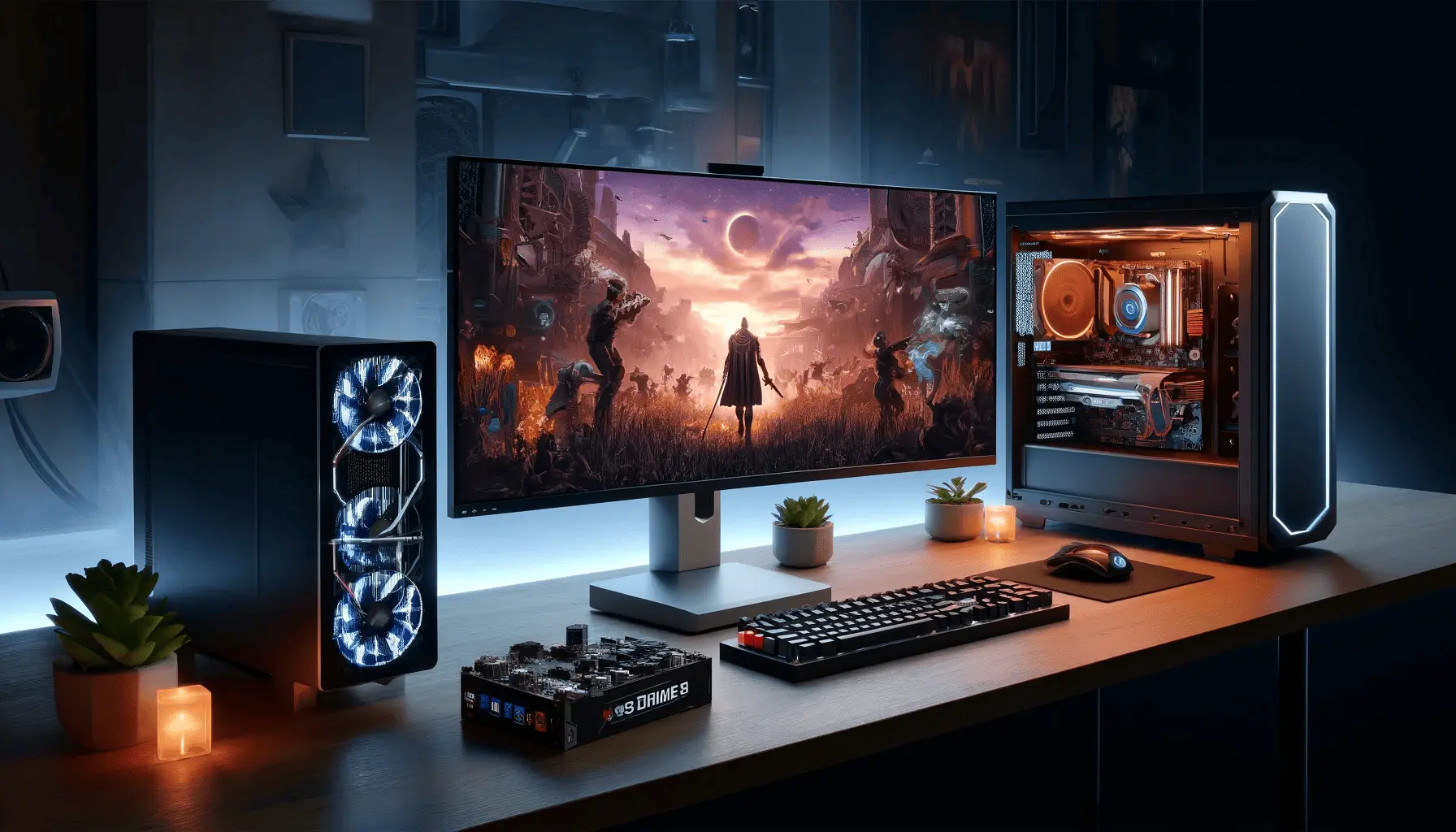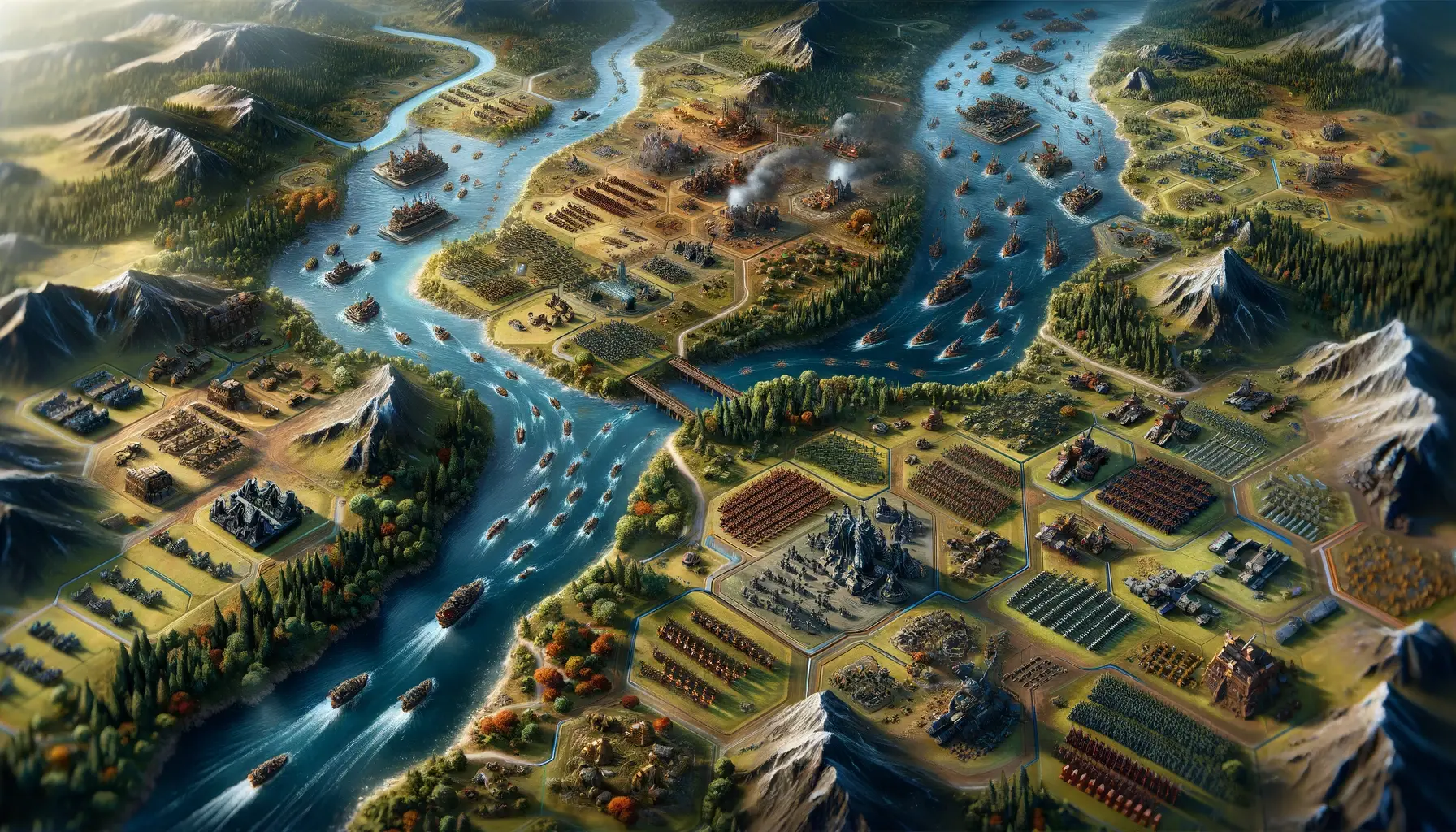A game is an escape, an alternate universe where tasks make sense and rewards come immediately. But when gaming takes over real life, responsibilities take a back seat, relationships weaken, and reality begins to seem boring in comparison. Not surprisingly, many people suffering from gaming addiction find the real world not exciting enough - just a place to endure until they can get back to their digital adventures.
Nevertheless, reality has its value, just as collectors ask the question, “How much is a 1971 dollar coin worth?” People may notice its value at first, but others who seek and understand its history will realize its true value. Likewise, the real world has tremendous value - it is full of experiences, achievements and connections that are worth far more than virtual success. The challenge here is to learn how to spend your life outside and without the game. So now we would like to discuss how to reclaim your reality and turn it into an adventure that is as exciting as any game.

Step 1: Acknowledge the Problem and Recognize the Value of the Real World
The first step to overcoming gaming addiction is recognizing its impact. Without this realization, your efforts to change the situation will seem forced or temporary. Many addicted gamers dismiss the problem, claiming that gaming is just a hobby or a way to relax. But when gaming interferes with work, school, relationships, and physical health, it becomes not just a pastime, but a lifestyle replacement.
How gaming addiction affects life
Decreased productivity - excessive gaming addiction replaces important daily tasks, leading to missed deadlines and lack of motivation.
Strained social relationships - hours spent playing games take time away from family, friendships, and real life.
Health problems - a sedentary lifestyle leads to weight gain, poor posture and even lack of sleep, which negatively affects mental and physical well-being.
To overcome addiction, you do not have to give up gaming right away, just start with small changes. For example, you can start with just 10 minutes a day to observe and interact with the real world. So, try going outside and focusing on things you normally ignore - the feel of the air, the movement of people, or simple details in your surroundings.
Lifehack: If games got you used to finding rewards, why not create them in real life? A simple but fun way to reconnect with the real world is to turn everyday experiences into small quests. One exciting quest is to search for rare or interesting coins. Apps like Coin ID Scanner enable you to identify coins, learn their history, and even estimate their value - a small but fun way to remind yourself that there are also treasures in the real world. Searching for, obtaining and understanding a rare coin is the same as the excitement of gaming, but with the added benefit of real life knowledge and historical value.
Step 2: Turn Everyday Tasks into Fun Quests
Video games are addictive because they turn even simple tasks into exciting challenges, offering progress, achievements and rewards. What if you will be able to apply this to your everyday life?
Turn tasks into adventures. Think of cleaning as a battle where every wiped surface is a victory. Turn a grocery shopping trip into a riches hunt by setting small challenges, like finding the best discounts. Turn work or school into a game, treating each task as a stepping stone toward a bigger goal.
Remember the power of rewards. Just like in games, reward yourself for completing tasks. Watch an episode after completing a chore, enjoy a delicious meal after completing a project, or treat yourself to something small after a week of exercise. With these kinds of rewards, new habits will be easier to maintain and life will become more interesting.
Step 3: Find a New Hobby that Will Captivate You
One of the hardest parts of overcoming a gaming addiction is finding something equally addictive to replace it. Games provide a sense of accomplishment, excitement and immersion, so choosing a hobby that evokes the same feelings is crucial to a successful transition.
How to choose the right hobby
Start by asking yourself: what aspects of games do I like best? If it's competitive, try chess or sports. If you enjoy unlocking achievements, consider fitness challenges. If you're passionate about exploration, hiking or urban photography will suit you.
Take music, for example. Learning an instrument provides continuous skill growth, similar to leveling up in a game. Mastering a new chord, playing a full song, or increasing your speed all create real milestones that replicate game achievements. Additionally, performing music can be just as exciting as any role-playing adventure.
But to stay motivated, break your new hobby into doable milestones:
If you're learning an instrument, set a goal to master one song per month.
If you're practicing fitness, aim to improve your running distance each week.
If you're studying photography, aim to capture a particular theme each week.
If you structure a real-life hobby as a game, with goals, progress, and rewards, you'll find excitement beyond the virtual world. Reality is not lacking in adventure, you just have to look at it the right way.
Step 4: Incorporate Physical Activity into Your Daily Life
Gaming addiction often leads to a sedentary lifestyle where hours pass without movement. Lack of activity can lead to weight gain, muscle stiffness, and even mental disorders, e.g., depression and anxiety. At the same time, due to turning exercise into a game, you can make movement an enjoyable experience rather than a chore.
Many gamers enjoy game challenges, leaderboards and achievements. Why not transfer this way of thinking into real life? For example, you can turn a walk into looking for something valuable - if you enjoy exploring open worlds, go for a walk in real life and challenge yourself to notice small details like unique architecture, hidden street art or natural patterns. What's more, you can track your progress like an RPG character - use apps that measure steps, calories burned or workout progress, treating them as XP points in the game.
Create fun challenges - set goals, such as running a certain distance in a certain amount of time or doing a certain number of push-ups per day. Physical movement doesn't have to feel like work - by turning it into a quest, you can make it an enjoyable daily habit.

Step 5: Find Support in Real Life and Build Real Relationships
Gaming addiction often leads to isolation, where hours spent in the virtual world replace socializing with people in real life. But just as cooperation and communication are important in multiplayer games, in real life, relationships with others can be just as valuable and rewarding. That is why rebuilding social connections is an important step toward overcoming gaming addiction.
So, start small. Reconnect with friends or family you have not spoken to in a while. You'll be surprised how even simple conversations or shared activities can be just as fun as virtual adventures. Join local events, clubs or groups, and look for people with similar interests. The social connections you build in real life can give you a sense of fulfillment and joy that you used to find in games.
Remember that real achievements - whether it's personal growth, career success, or strengthening friendships - can be just as valuable, if not more valuable, than victories in virtual worlds. The beauty of real life is that these rewards are lasting and carry a deeper value. As you begin to immerse yourself in the bounty of real life, you will notice how the need to escape to the virtual world will gradually diminish.
The Real World Is also a Game!
Overcoming addiction to games is not about giving up fun, but about finding joy and achievement in real life. Due to building new habits and receiving rewards for real-life successes, you can make ordinary moments exciting and full of meaning. After all, real experiences begin where virtual worlds end.



